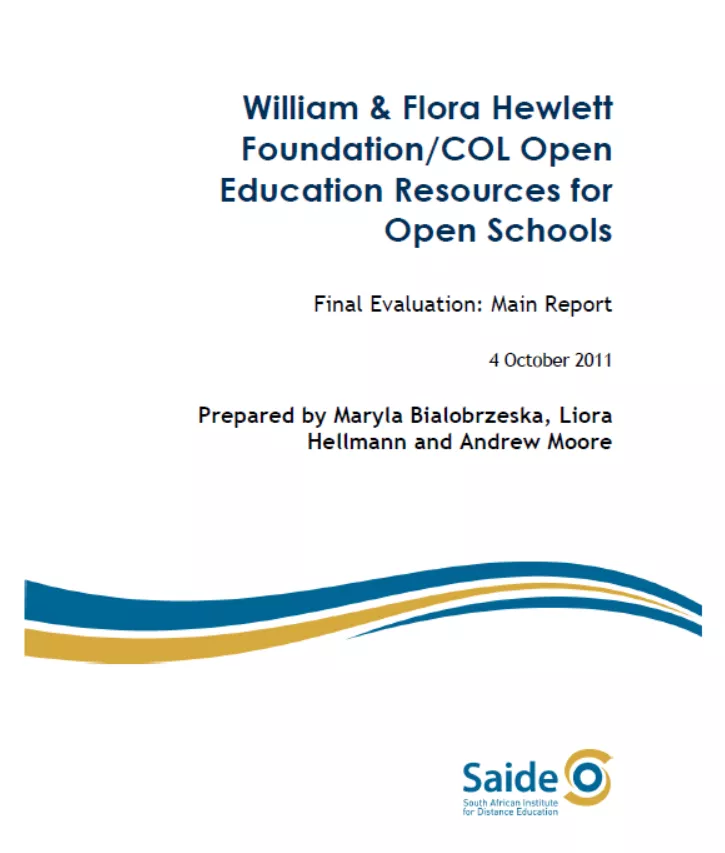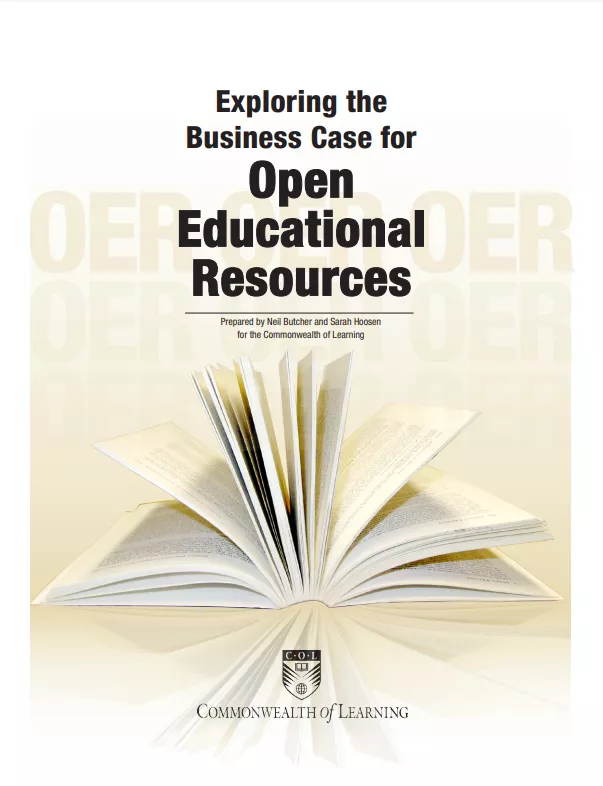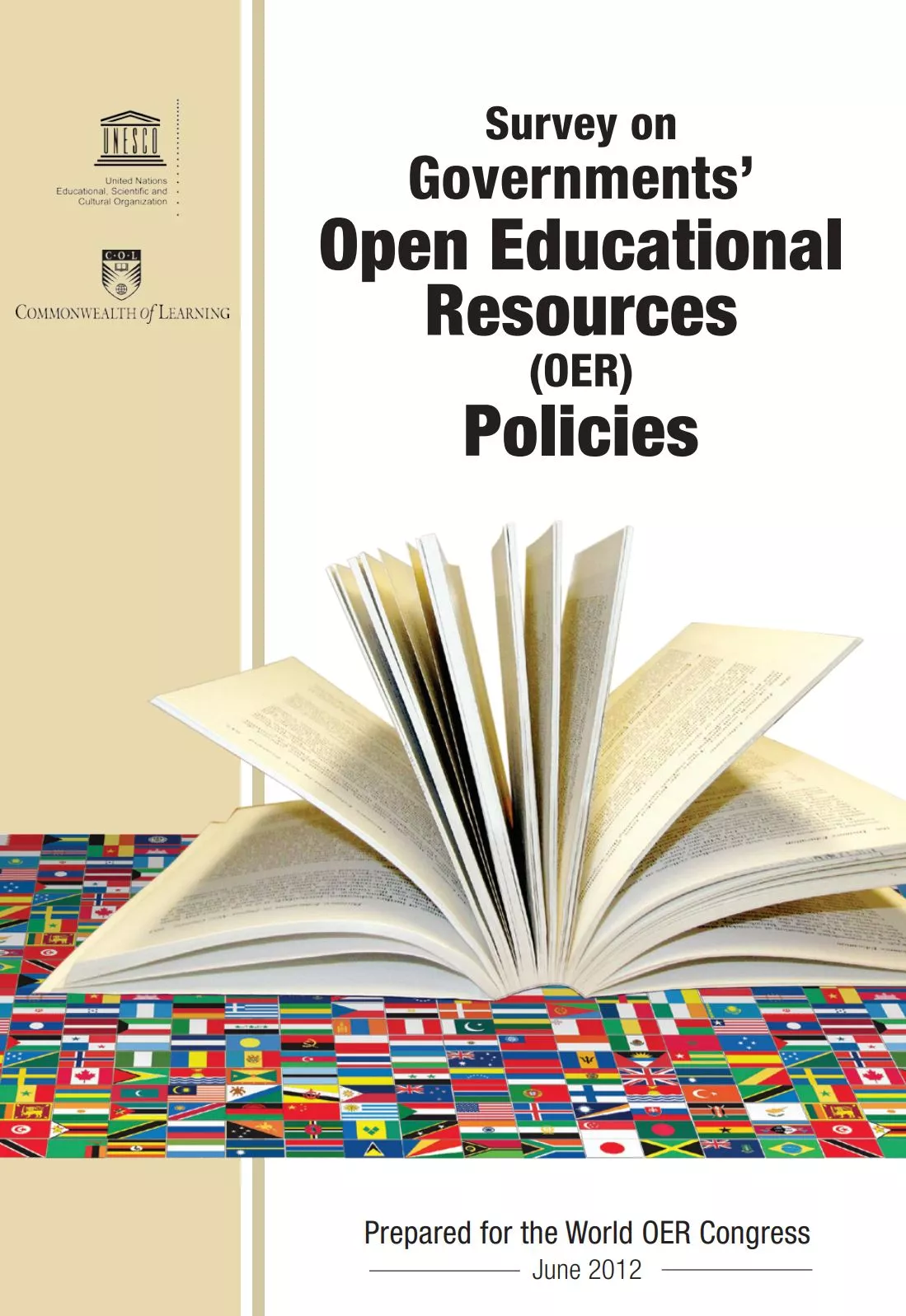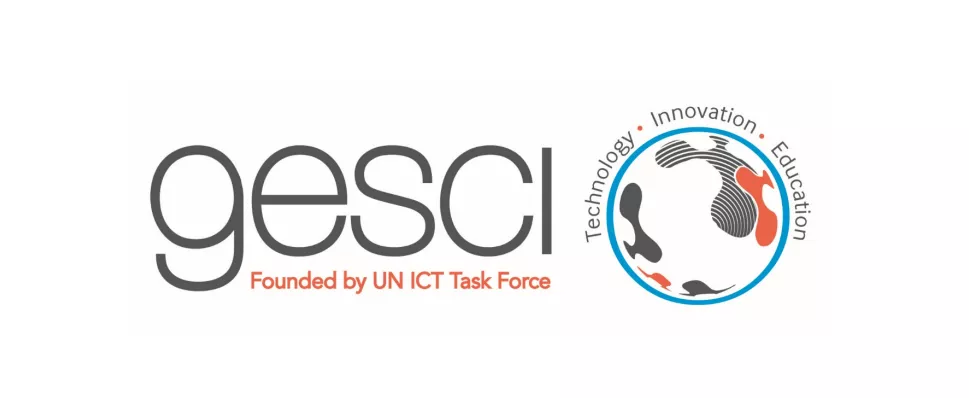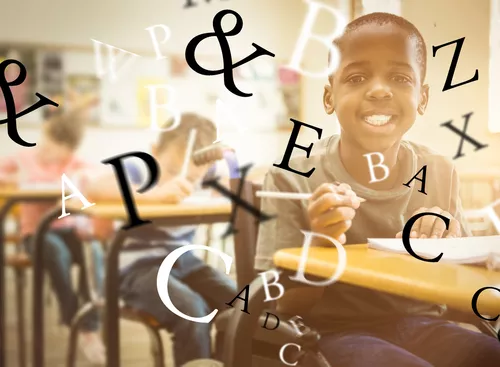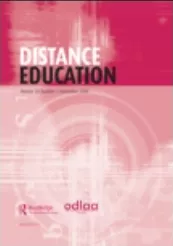
Distance education for empowerment and development in Africa
As guest editors of this Special Issue of Distance Education, this issue harnesses the opportunity to profile African innovations in the areas of open and distance learning, and e-learning. The contributions assembled provide a balanced and engaging series of articles and reports on the kinds of empowerment and development that are extending and enhancing educational opportunity in African schools and universities. Importantly, they also demonstrate that African experiences – positive and negative – have global relevance.

